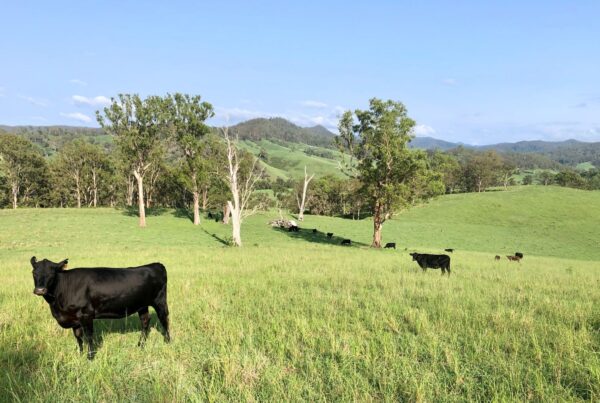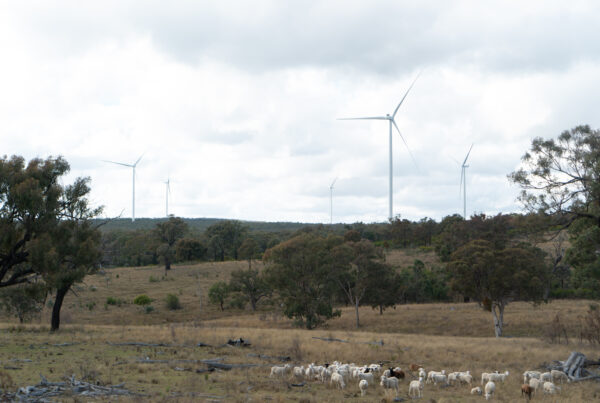

February 2019
Lancet report
Farmers have called for stronger support for action on climate change and the implementation of a National Strategy on Climate Change & Agriculture following the launch of a new report encouraging consumers to shift diets to support planetary health.
The EAT Lancet report launched in Melbourne on Friday recommends changes to diet, production and food waste.
Farmers for Climate Action Chair Lucinda Corrigan said the report reinforced the importance of the sustainability work that agriculture has underway, and the need for greater investment in this space.
Ms Corrigan, who is also an Albury beef and genetics producer, reassured consumers that Australian farmers and graziers were taking their social and ecological sustainability seriously.
“Through the Australian beef and dairy sustainability frameworks we are working proactively to ensure that Australian agriculture is a world leader in sustainable production systems.
“The red meat sector has set an ambitious target to be carbon neutral by 2030, while at the same time preserving and enhancing the natural environment.”
But Ms Corrigan said that despite this great work, long term policies were needed from Governments to address Australia’s emissions profile, and support agriculture to withstand the challenges that climate presents.
“As farmers, we’re already experiencing severe impacts as a result of a changing climate. But while we are adapting and mitigating climate change on-farm, we are growing increasingly frustrated by failings in policy direction.”
Farmers for Climate Action CEO Verity Morgan-Schmidt said agriculture is constantly being held to account on the basis of its emissions contribution.
“On-farm we are doing what we can, but we need decisive long term polices for addressing climate change and ongoing support to extend this work. This is important both for our social licence but, ultimately, for our ability to farm long-term. If climate change continues unchecked the viability of Australia’s agricultural industries will be seriously challenged.
“If we’re to remain on the menu, we have to be at the table when it comes to addressing climate change. We’re calling on all elected representatives to put politics and ideology aside and deliver a meaningful policy framework to support producers to manage both direct, and indirect climate related risks.
“We urgently need a comprehensive National Strategy on Climate Change and Agriculture, aligned with strong and decisive climate leadership from the agricultural sector and elected representatives willing to position agriculture as a global leader on climate change.”






